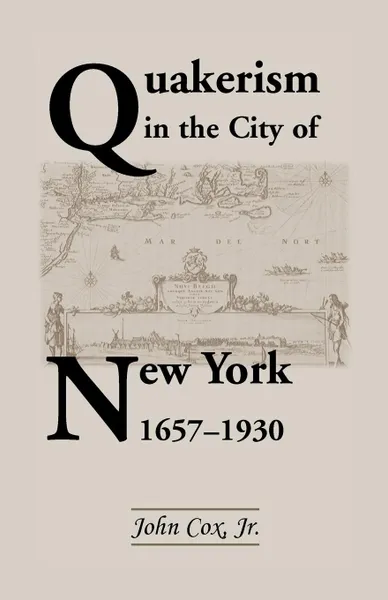Quakerism in the City of New York 1657-1930 12+
Автор: Jr. John Cox
2013
272 страницы
Категория: Литература на иностранных языках
ISBN: 9780788415609
Язык: Английский
📓 Quaker preachers Robert Hodgson, Richard Doudney, Sarah Gibbons, Mary Weatherhead and Dorothy Waugh landed in New Amsterdam in 1657 after a two-month voyage aboard Robert Fowler's Woodhouse. These Quakers were condemned by the Dutch colonists, but found a willing audience in the English inhabitants of Flushing and Oyster Bay. This text presents the story of the Quakers from their arrival in New Amsterdam to their activities in "ultra-modern" 1930s New York. Cox touches on "the First Publishers of Truth," meetings and meeting houses, philanthropy and charity-"the very essence of Quakerism." Assistance societies include: The Women's Aid Society, The Society for the Prevention of Pauperism, The Prison Association of New York, The Friends Employment Society, The Young Friends' Aid Association, The Friendly Hand, The Travelers Aid Society, and The Society for the Prevention of Cruelty to Children. The development of the Quaker attitude towards slavery and their efforts on behalf of the enslaved, Quaker advocacy of peace and their refusal to perform military service, abstinence from intoxicants, marriage and disownment, distrust of music and drama, administration of discipline, sexual equality, Quaker politicians, Quaker doctors, education, monthly meetings, cemeteries, and the split of the Society of Friends in 1828 are covered. A wealth of names is mentioned in the discussion of each topic. Several illustrations, a map of New Amsterdam (1651-1654), excerpts from historical documents, an appendix, and an index of subjects and full-names augment this work.
Мнения
